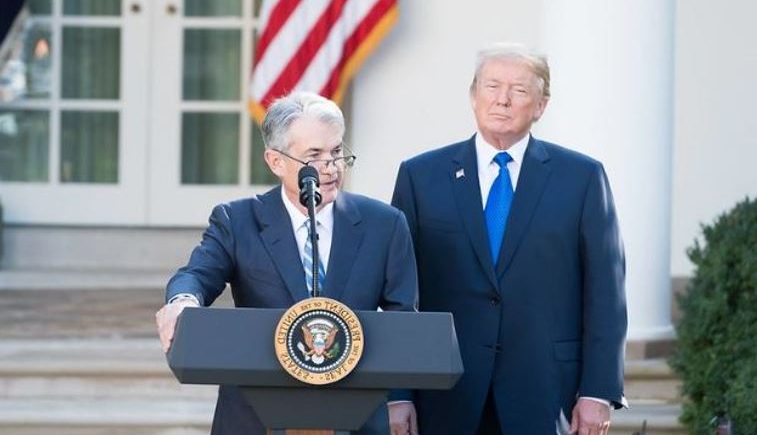On Tuesday, July 22, 2025, US President Donald Trump intensified his criticism of Federal Reserve Chair Jerome Powell during a meeting with Philippines President Bongbong Marcos, blaming high interest rates for housing market struggles. This latest outburst follows weeks of the White House openly challenging the Fed’s political independence, as Trump pushes to influence the central bank despite legal barriers restricting his control over its leadership and policies. The question arises—can Trump’s pressure sway the Fed, or will Powell’s stance hold firm amid escalating rhetoric?
Trump’s Critique and Policy Context
Trump, who appointed Powell as Fed Chair in 2018, has shifted to vocal dissatisfaction with his choice. His administration’s proposed federal budget projects a multi-trillion-dollar US deficit over the next decade, prompting efforts to ease the burden of costly debt servicing. During the meeting, Trump hinted at Powell’s impending exit, noting, “He’s gonna be out soon, anyway,” with his term ending in eight months. He argued the economy remains robust but claimed Powell’s high rates—suggesting they should be at 1% instead of current levels—are politically motivated, stifling housing affordability by keeping rates 3 points or more above where they should be.
Treasury Secretary Weighs In
US Treasury Secretary Scott Bessent added to the discourse on Tuesday, echoing a Monday CNBC stance where he endorsed the Fed’s independence while proposing a comprehensive review of its operations. Bessent remarked, “Fed should stay in their lane,” yet urged immediate rate cuts, aligning with Trump’s narrative that current policy hampers economic sectors like housing.
Trade Talks and Other Remarks
Amid the Fed critique, Trump expressed optimism about a trade deal with the Philippines, stating, “I think we will get a trade deal; we’re close.” He also voiced support for Philippines-China relations, saying, “I don’t mind if Philippines gets along with China,” and noted, “Magnets are coming out of China very well,” reflecting a nuanced trade stance as negotiations progress.
Broader Implications
Trump’s comments underscore a growing tension between the White House and the Fed, with housing affordability—a key voter issue—becoming a focal point. His call for lower rates contrasts with the Fed’s data-driven approach, currently in a blackout period before its July 30 decision. Bessent’s mixed signals—supporting independence yet advocating review—highlight a delicate balance as the administration navigates fiscal challenges and political goals.
What’s Next?
With Powell’s term nearing its end and Trump’s influence mounting, the Fed faces pressure to adjust rates. A cut could ease housing costs but risks inflating the deficit further. Conversely, maintaining rates might deepen housing woes, fueling political backlash. Will Trump’s strategy reshape monetary policy, or will the Fed’s autonomy prevail?

 Noor Trends News, Technical Analysis, Educational Tools and Recommendations
Noor Trends News, Technical Analysis, Educational Tools and Recommendations




